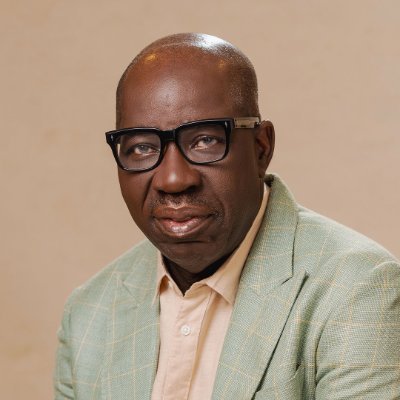About Us
The Delta State Ministry of Urban Development is the governmental body responsible for overseeing the planning, development, and management of urban spaces in Delta State, Nigeria. The ministry’s primary objective is to promote sustainable urban growth, improve the quality of life for residents, and create an environment that is conducive to economic development and community well-being.
Our work focuses on urban planning, infrastructure development, zoning, land-use management, and promoting policies that ensure the effective use of land and resources in the state. We are committed to creating well-planned cities and towns that are resilient, inclusive, and capable of meeting the needs of a growing population.

Our Mission
To provide strategic leadership in urban development, fostering sustainable, inclusive, and resilient urban communities that are well-planned, environmentally friendly, and equipped with adequate infrastructure. Our mission is to improve the living standards of all citizens through efficient urban policies and projects that promote social and economic growth.
Core Values
At Delta State Urban Ministry, our work is driven by our unwavering commitment to the values that guide our mission and shape our actions. These core values are the foundation of everything we do, and they define how we interact with the community, our partners, and each other. They inspire us to serve with compassion, integrity, and dedication.
Service
We are called to serve others selflessly, and our ministry is a reflection of this calling. Whether it’s feeding the hungry, educating the youth, or offering spiritual guidance, we place service at the core of our mission. Our ministry exists not for our own gain, but to serve those in need and bring hope to our urban communities.
Community
We believe in the strength of community and the power of unity. Our ministry focuses on building and nurturing relationships within the urban population of Delta State, ensuring that no one is left behind. We work together, share resources, and support one another as we seek to meet the needs of the people we serve.
Empowerment
We are called to serve others selflessly, and our ministry is a reflection of this calling. Whether it’s feeding the hungry, educating the youth, or offering spiritual guidance, we place service at the core of our mission. Our ministry exists not for our own gain, but to serve those in need and bring hope to our urban communities.
Accountability
We hold ourselves accountable to God, to our community, and to our partners. We strive for excellence and always seek to improve our programs, operations, and outreach efforts. We welcome feedback, measure our success through meaningful metrics, and ensure that we are achieving the intended impact.
Our Mandates
The Delta State Ministry of Urban Development is tasked with the following key responsibilities

Hon. Commissioner for Urban Development:Michael Ifeanyi Anoka
As the Commissioner, [Name] leads the ministry with a vision for sustainable urban development that improves the living standards of Delta State’s residents

Permanent Secretary:Mrs. Charity Ehimen
The Permanent Secretary ensures the smooth operation of the ministry, overseeing day-to-day functions and coordinating efforts across various departments.

Director of Urban Planning
Responsible for guiding urban development strategies and ensuring that the state’s planning initiatives align with national and international best practices.
Achievements
The Delta State Urban Development Master Plan: A comprehensive blueprint for the sustainable development of urban areas across the state.
Affordable Housing Projects: Providing homes for low- and middle-income families in urban areas, contributing to reducing housing shortages.
Infrastructure Projects: Enhancing transportation networks, waste management systems, and water supply systems, ensuring the functionality and efficiency of urban spaces
Future Plans
The Ministry of Urban Development is focused on modernizing Delta State’s cities, with plans that include:
Expanding the state’s transportation network to improve connectivity.
Launching new housing initiatives to meet the growing demand for affordable homes.
Promoting green spaces and eco-friendly infrastructure to ensure a sustainable environment.
Implementing smart city solutions to enhance urban living standards.
